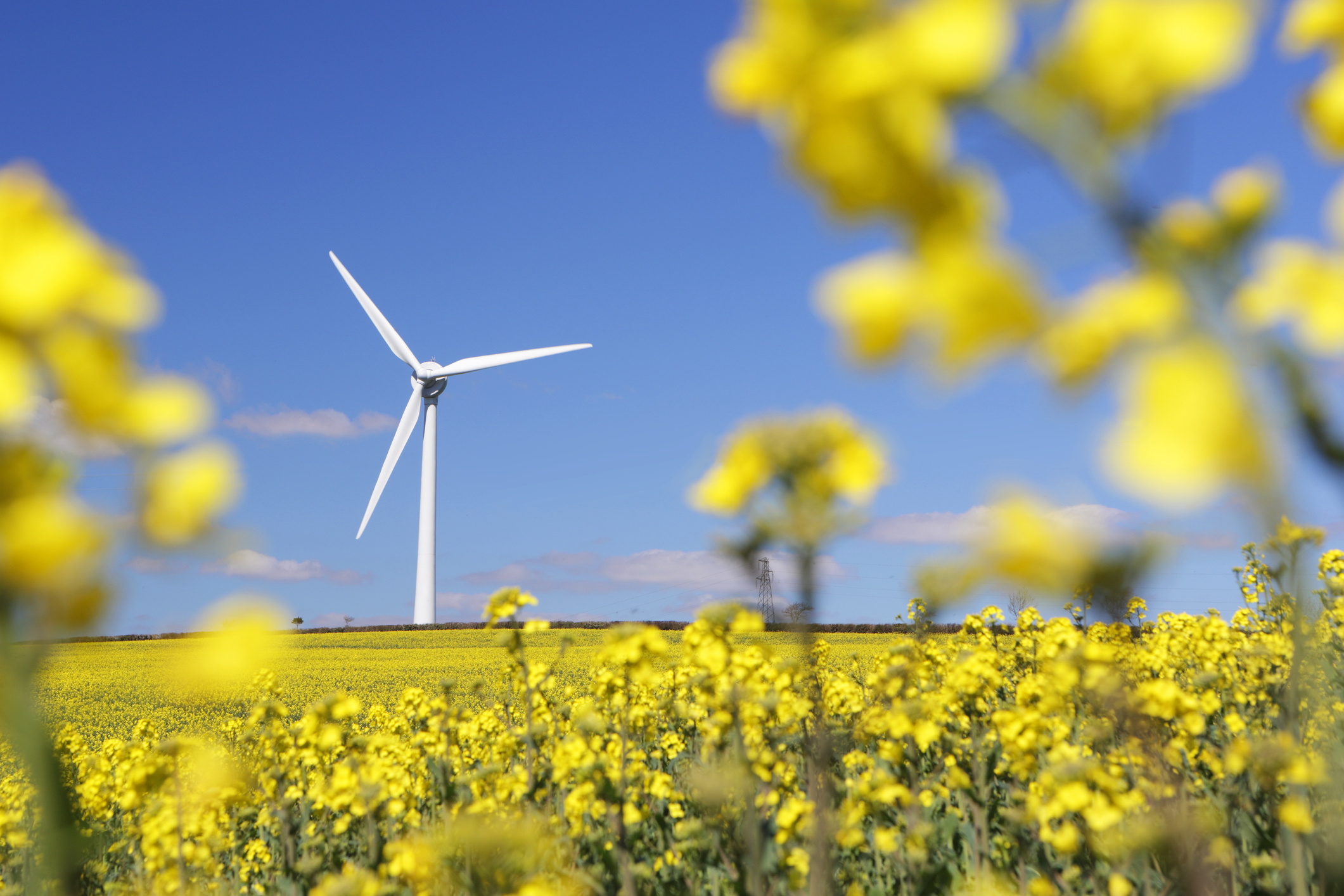The course, which opened for applications in September 2023 for entry in autumn 2024 will tackle some of the most important issues across the built environment, including sustainability, environmental protection, and climate change.
The course will be taught by academics from diverse interdisciplinary backgrounds from across both the Department and the broader University of Cambridge. It will benefit from the practical expertise of the world-class Cambridge innovation cluster, and provides a unique perspective on the ongoing sustainability transformations, especially the low-carbon transition.
The MSt is principally aimed at senior, mid-career and high-potential early-career professionals, and will run annually from September through two years to July. As a two-year part-time course delivered through a combination of distance learning and attendance at residential sessions in Cambridge, it enables students to continue with their professional career whilst studying for a Masters qualification. Applications to postgraduate courses are done through the Postgraduate Admissions Office.
Here are some quotes from our academics on how the course will benefit its students.
For decision-makers to navigate the ongoing sustainability transition, they need to develop a 360-degree view of the transformations involved. That's the very focus of this programme.
- Professor Jorge Viñuales, Harold Samuel Professor of Law and Environmental Policy
The MSt will equip students with an understanding of what drives innovation and entrepreneurship in technologies to address climate and sustainability challenges, key trends in the space, and the main frameworks used to diagnose bottlenecks. The course will also provide students with the latest evidence regarding the impact that different decarbonization-related policy instruments have on innovation, competitiveness and other societal goals. These skills are essential to be an effective actor in the policy, business and NGO sectors given that innovation in climate and sustainability technologies is essential to advance climate and all sustainable development goals.
- Professor Laura Diaz Anadon, Chaired Professor of Climate Change Policy
How are nation states, corporations and other actors responding to the climate crisis, and what are the effects and limitations of these responses? Students of the new MSt in Climate, Environmental and Urban Policy will be asked to engage with these and other major questions facing climate change decision-makers.
- Professor Harro van Asselt, Hatton Professor of Climate Law
Cities now host the majority of the world’s population. The course will expose you to innovative practices and case-studies showing how urban policies and the planning, design and governance of the built environment can drive sustainability transitions and help mitigate and adapt to climate change.
- Professor Claire Colomb, Professor of Land Economy (Planning, Public Policy and Urban Studies)

